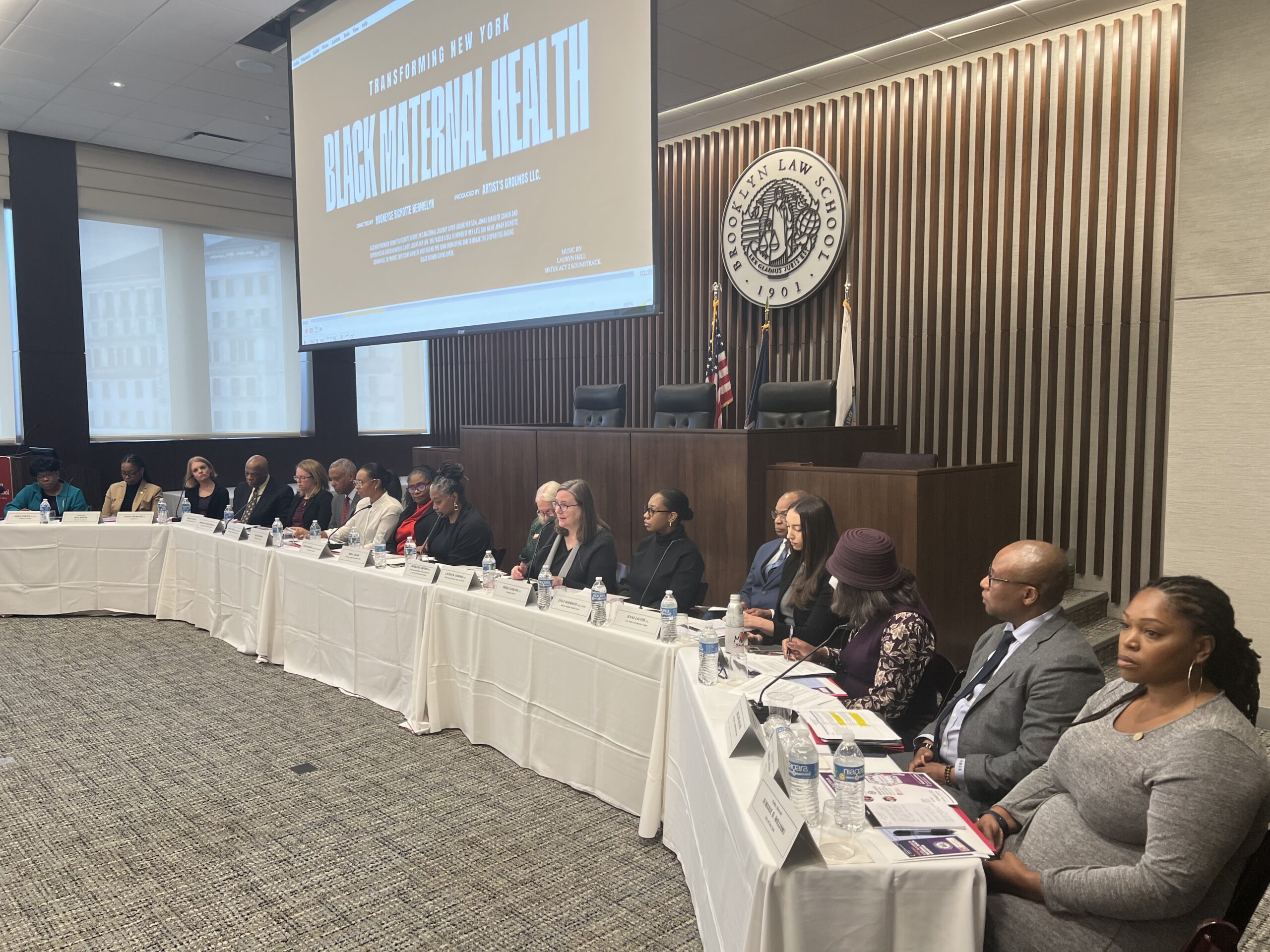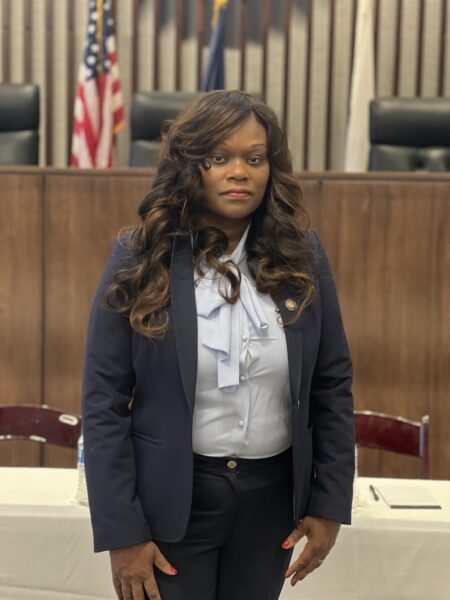
‘A call to action:’ Discussing maternal health disparities in Black women

Medical experts and elected officials discussing maternal health disparities facing Black expectant mothers.
Photos: Wayne Daren Schneiderman/Brooklyn Eagle
Photos: Wayne Daren Schneiderman/Brooklyn Eagle




